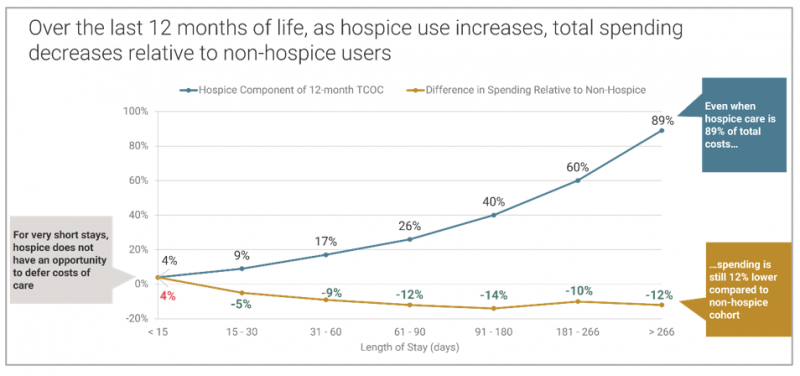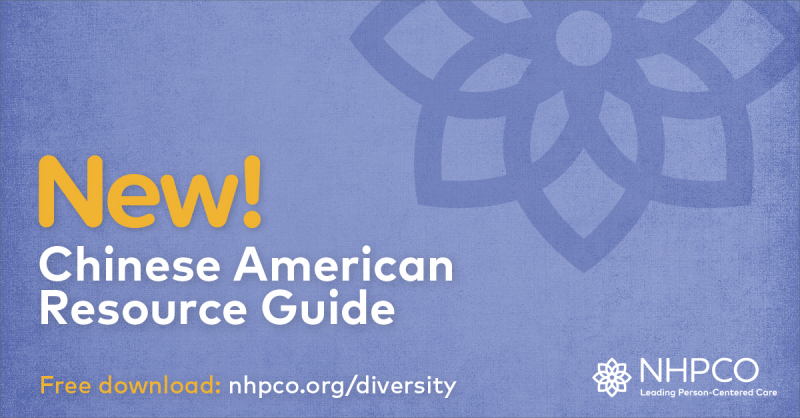For Immediate Release
November 06, 2024
(Alexandria, VA and Washington, DC) –The National Alliance for Care at Home (the Alliance) has endorsed H.R. 10097, the Enhancing Hospice Oversight and Transparency Act, introduced in the House of Representatives. The Alliance supports delaying the implementation of the Centers for Medicare & Medicaid Service’s (CMS) hospice Special Focus Program (SFP), to allow for additional time to correct its flawed design that creates a high risk of failing to identify poor performing hospices that should be subject to increased oversight.
The SFP was created under the HOSPICE Act which established additional tools for CMS to oversee the Medicare Hospice Benefit. Notably, Representative Panetta —the original architect of the bill—has teamed up with Representative Van Duyne to decisively address and correct CMS’ flawed implementation of the program, ensuring it fulfills its original intent.
Research conducted by McDermott+ (M+) has detected significant concerns with CMS’ SFP methodology intended to identify poor performing hospices, particularly its dependence on incomplete survey data. SFP is intended to allow targeting of these providers for more frequent quality of care reviews. The report emphasizes that “the high rate of hospices not being timely surveyed reduces confidence that the SFP will accurately identify the lowest performers, allowing some poor performers to fly under the radar.” The M+ analysis further reveals that not surveying all hospices within the 36-month timeframe required by law leaves nearly 30% of hospices in their sample without a fully accurate performance assessment, underscoring the importance of timely evaluations to maintain accountability and support quality care. Additionally, some choices CMS made in designing the evaluation model were deemed “not methodologically sound,” raising further questions about its effectiveness.
In response to these findings, the Enhancing Hospice Oversight and Transparency Act seeks to adjust the start date of the SFP to January 1, 2027, allowing additional time to ensure compliance with the HOSPICE Act – the bill which created the hospice Special Focus Program –and revise critical flaws in its methodology, intended to identify poor performing hospices. This postponement will further ensure that surveys are completed for all hospice programs, a key step needed to evaluate performance.
“Ensuring the highest quality of care for hospice patients is essential. Medicare beneficiaries and their families deserve clear and accurate information to make informed choices,” said Dr. Steve Landers, CEO for the Alliance. “The Alliance supports the Enhancing Hospice Oversight and Transparency Act, a bipartisan initiative to pause the flawed SFP program and allow for necessary redesign through meaningful collaboration between CMS, Congress, and key stakeholders. By working together, we can build an oversight system that ensures quality care and guides families toward high-performing hospices, while holding accountable any providers unwilling or unable to meet these standards.”
The National Coalition for Hospice and Palliative Care joins the Alliance on behalf of the hospice community to call on Congress and CMS to continue these essential collaborative efforts with stakeholders to fix the SFP so that it accurately identifies the poorest-performing providers, ensuring all hospice patients receive high-quality care.
“The Coalition is committed to program integrity and high-quality hospice care nationwide,” said Jessica Hausauer, PhD, Executive Director of the National Coalition for Hospice and Palliative Care. “While we have collaborated closely with CMS over the years to support shared goals, the current design of the Hospice Special Focus Program raises significant concerns. We thank Representatives Van Duyne and Panetta for their leadership on this bill and urge CMS to delay the rollout, allowing for further input to ensure consumers receive accurate, reliable information in their search for quality care.”
###
About the National Alliance for Care at Home
The National Alliance for Care at Home (the Alliance) is a new national organization representing providers of home care, home health, hospice, palliative care, and other health care services mainly delivered in the home. The Alliance brings together two organizations with nearly 90 years of combined experience: NAHC and NHPCO. NAHC and NHPCO are in the process of combining operations to better serve members and lead into the future of care offered in the home. Learn more at www.AllianceForCareAtHome.org.
Press Contact
communications@allianceforcareathome.org
Elyssa Katz | 571-281-0220
Thomas Threlkeld | 202-547-7424


